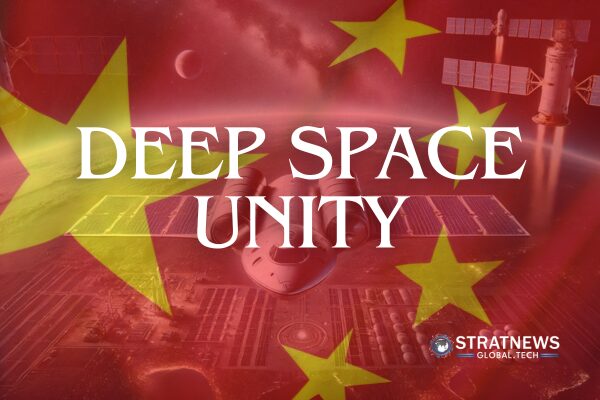International Deep Space Exploration Association Launches in China
The International Deep Space Exploration Association (IDSEA) has officially launched in Hefei, capital of east China’s Anhui Province. The new association aims to promote global collaboration in space technology and foster a shared future for humanity in outer space.
The IDSEA was jointly initiated by the Deep Space Exploration Laboratory in Hefei, the Lunar Exploration and Space Program Center of the China National Space Administration, the Chinese Society of Astronautics, the Chinese Society of Space Research, and the French initiative “Planetary Exploration, Horizon 2061.” The founding was co-sponsored by 20 Chinese academicians and 31 international scientists.
Wu Weiren, chief designer of China’s lunar exploration programme, has been elected as the association’s first chairman.
Fostering Global Collaboration in Space
Wu stated that establishing the IDSEA is a significant step for international exchange and cooperation in China’s space programme. It will allow for more collaborative innovation within the global space community.
The association has set a target to attract 500 international research members and 100,000 individual scientist members within a decade. This expansion aims to contribute to exploring the universe’s mysteries while advancing human civilisation.
The IDSEA will focus on lunar and planetary exploration, asteroid defence, and the peaceful and sustainable use of outer space. It plans to monitor trends in international deep space exploration, organise global academic events, train talent in space science and technology, participate in setting space standards, and promote peaceful uses of space.
Building a Platform for Shared Expertise
Experts involved in founding the IDSEA believe the association will help member countries share their unique strengths and deepen multilateral cooperation in deep space exploration.
“Many countries excel in specific areas, such as landers or rockets, while others are stronger in instruments. Collaboration makes sense,” said Simone Dell’ Agnello, a researcher at Italy’s National Institute for Nuclear Physics and a founding member of the IDSEA.
Ahmet Hamdi Takan, a Turkish expert in deep space technology and a founding member, said the association will allow scientists to connect globally on a single platform.
Jiang Hui, secretary-general of the Asia-Pacific Space Cooperation Organization, noted that the IDSEA will provide diverse resources to help member countries develop talent in deep space exploration. The association plans to offer training and education programmes to support capacity building among members.
China’s Expanding Role in Space Exploration
China, though a relative newcomer to space exploration, has become a significant player while showing commitment to international cooperation.
In April 2025, China authorised seven institutions from six countries, including France, Germany, Japan, Pakistan, the United Kingdom, and the United States, to borrow lunar samples collected by the Chang’e-5 mission for research.
China has also invited global partners to participate in its Mars missions. The Tianwen-3 Mars sample-return mission, planned for around 2028, aims to search for signs of life on Mars. Retrieving samples from Mars is considered the most technically challenging space exploration task since NASA’s Apollo missions.
The establishment of the IDSEA highlights China’s commitment to working with the global community to advance space exploration and build a sustainable, peaceful future in outer space.
with inputs from Reuters


